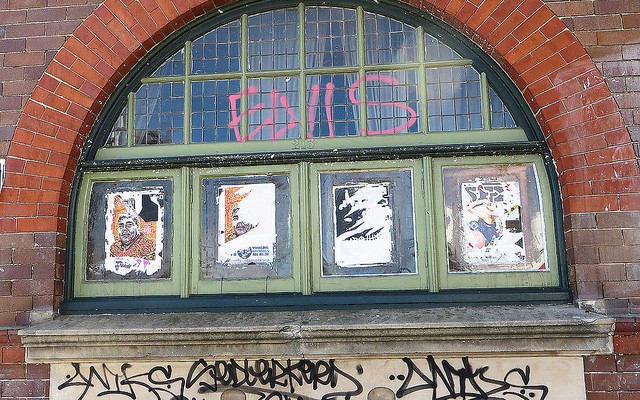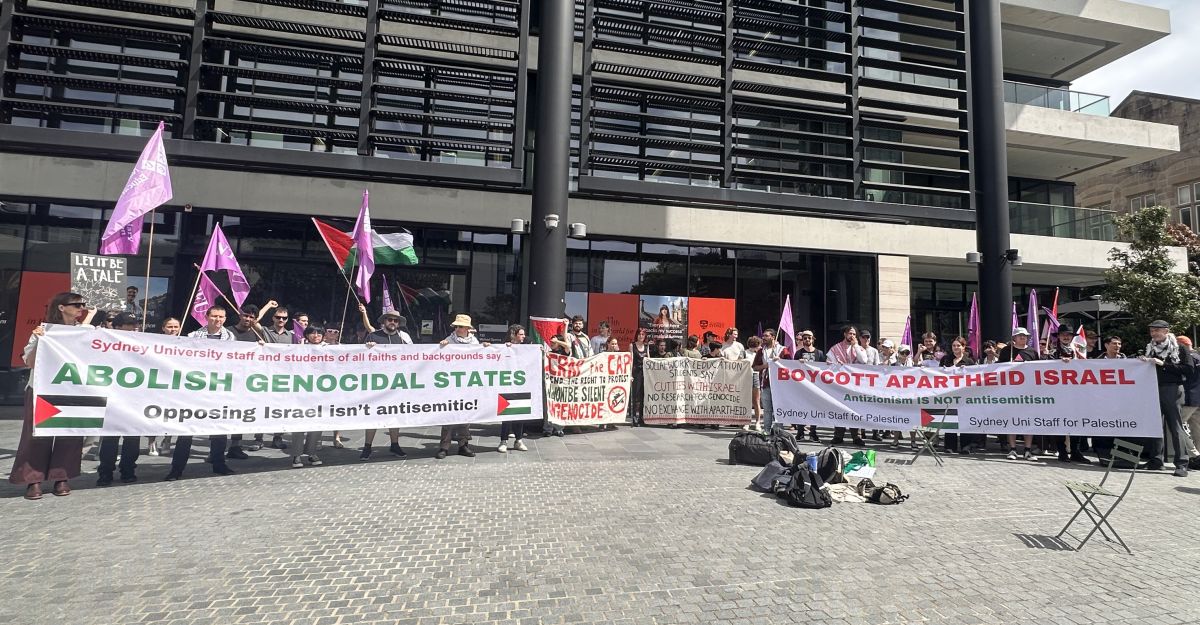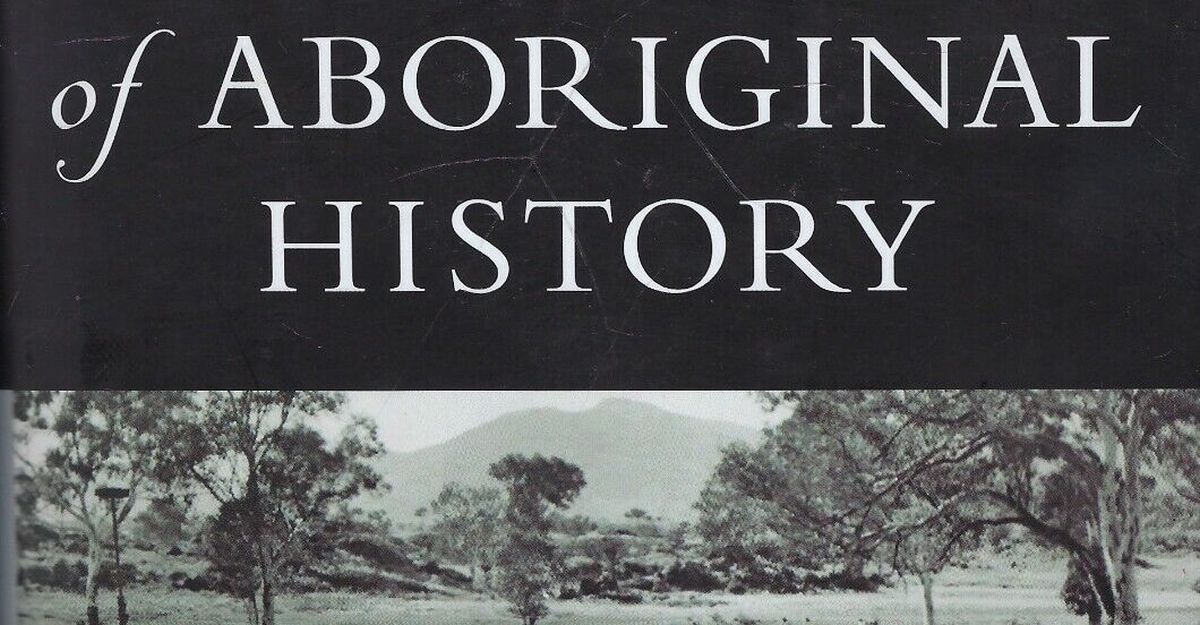it’s wednesday night I’m walking down King Street past the Dendy outside a man sitting with a typewriter with a milk crate with his hands clasped with a sign out front: ‘POEM 4 U’ it rains and I skirt people like puddles head bent + heading /somewhere now near the fork; outside Cream – another man – tall, skinny, dark hair, dark shirt, twilight, fervent – fat stack of papers in arms tries: ‘hey! free poem! free poem!’ me + two others shake heads downcast just keep on descent into new night keep down Enmore now as the city peels itself back like bark like posters from poles like poems from books destined for this rubbish bin (or the next)
Image: Former Enmore Post Office / flickr
Read the rest of Overland 232
If you enjoyed this poem, buy the issue




